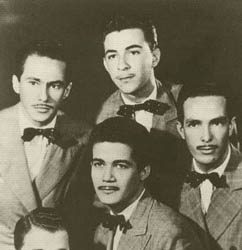The free trade agreement between the countries of the Mercosur and the Andean Community, which was just ratified by the Brazilian government, constitutes a significant advance in the process of establishing closer ties among the countries of South America.
The new accord creates a special mechanism favoring regional trade, with an immediate impact on entrepreneurs and consumers.
This was the thrust of a note issued to the press by the Brazilian Ministry of Foreign Relations, commenting the publication February 1st, in the Diário Oficial (Federal Register), of President Luiz Inácio Lula da Silva’s decree ratifying the Free Trade Agreement between the Mercosur and Colombia, Ecuador, and Venezuela, member states of the Andean Community.
The agreement, which was signed last October in Uruguay, during the 13th Meeting of the Council of Ministers of the Latin American Integration Association (ALADI), aims at improving the free trade zone for the sake of more profound economic, social, and institutional integration.
It takes into account, most of all, the complementary character of productive chains and the increased competitiveness of production in Brazil, Argentina, Uruguay, Paraguay, Chile, Bolivia, Peru, Ecuador, Colombia, and Venezuela.
In short, the “Group of Ten,” as the Presidents of Brazil, Luiz Inácio Lula da Silva, and Peru, Alejandro Toledo, pointed out.
This club should soon be joined by Surinam and Guyana, completing the contigent of the continent’s independent countries. This is the expressed desire of President Lula, who will visit these two countries and Venezuela on February 14-16.
The negotiations for their accession will be conducted in the context of a free trade agreement with the Caribbean as well.
The agreement that is currently in force between the Mercosur and the Andean Community also assigns priority to physical integration and in the areas of energy and communications; stimulates policies of rural and nutritional development.
It also encourages technological, scientific, and cultural cooperation; and envisions a growing interaction between the business sector and civil society as part of the dynamics of regional integration.
Translation: David Silberstein
Agência Brasil




